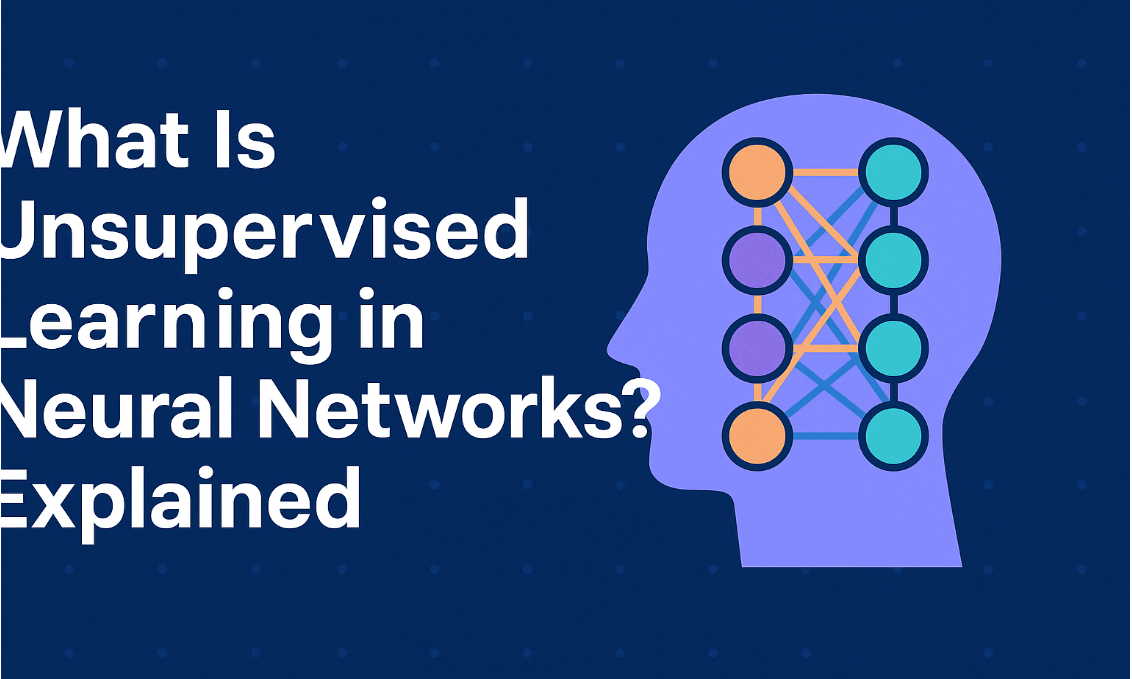.png)
The Future of Online Education: Key Trends and Predictions
Welcome to AlertCampusGenius.com! In this blog post, we’ll explore the future of online education and uncover the trends and predictions that are shaping the industry. As technology continues to evolve, online learning is becoming a mainstream option for students and professionals alike. Let’s dive in!
Top Trends in Online Education
1. Microlearning: The Power of Bite-Sized Content
Microlearning focuses on delivering educational content in short, digestible segments. This approach is perfect for today’s fast-paced world where attention spans are shrinking.
- Benefits:
- Easier retention of information.
- Flexibility for learners on-the-go.
- Ideal for busy professionals and students.
Example: Think of a five-minute video that teaches you a specific skill—quick, effective, and to the point!
2. Personalized Learning Experiences
The rise of personalized learning is transforming online education. By utilizing AI and big data, educational platforms can tailor content to individual learning styles and needs.
- Benefits:
- Enhanced engagement and motivation.
- Customized assessments based on performance.
- Better identification of strengths and weaknesses.
Example: If you struggle with certain topics, the platform might suggest additional resources tailored to your needs.
3. Gamification: Engaging Learners Through Play
Gamification integrates game mechanics into educational experiences to make learning more interactive and enjoyable.
- Benefits:
- Increases motivation through rewards and achievements.
- Encourages a sense of competition and community.
- Provides instant feedback on performance.
Example: Completing quizzes to earn points and badges can foster a fun learning environment.
4. Virtual Reality (VR) and Augmented Reality (AR)
VR and AR technologies are revolutionizing the way we learn by creating immersive environments.
- Benefits:
- Engaging experiences that enhance understanding.
- Hands-on learning opportunities.
- Applicable across various fields, from medicine to history.
Example: A history lesson might use AR to allow students to explore ancient civilizations in 3D.
5. The Rise of Micro-Credentials
Micro-credentials offer a flexible way to demonstrate specific skills and knowledge.
- Benefits:
- Quick pathways to skill acquisition.
- Increasing recognition by employers.
- Ideal for ongoing professional development.
Example: A course in digital marketing might provide a micro-credential in SEO, allowing you to showcase your expertise.
Predictions for the Future of Online Education
1. Mainstream Adoption of Online Learning
As technology improves, online education will become a standard choice for learners worldwide, providing accessibility and flexibility.
2. Focus on Lifelong Learning
The demand for lifelong learning will increase as professionals seek to adapt to rapidly changing job markets.
3. Collaboration Between Educational Institutions
Expect more partnerships between traditional universities and online platforms, leading to innovative blended learning models.
4. Increased Focus on Quality and Accountability
As online education grows, regulatory bodies will ensure programs meet high standards, giving learners confidence in their choices.
FAQs About the Future of Online Education
Q. What are the main trends shaping the future of online education?
The future of online education is influenced by several key trends, including:
- Microlearning and Bite-Sized Content: Short, focused learning segments that cater to busy schedules.
- Personalized Learning Experiences: Tailored educational paths based on individual learning styles and needs.
- Gamification and Interactive Learning: Incorporating game elements to enhance engagement and motivation.
- Virtual Reality (VR) and Augmented Reality (AR): Creating immersive learning environments that facilitate experiential learning.
- The Rise of Micro-Credentials: Smaller, stackable certifications that validate specific skills and knowledge.
Q. How will AI and big data impact online education?
AI and big data will revolutionize online education by enabling platforms to personalize content, delivery methods, and assessments according to individual learning preferences. This personalization will lead to more effective and engaging learning experiences, ultimately improving outcomes for learners.
Q. What is the role of gamification in online education?
Gamification plays a crucial role in online education by integrating game mechanics into learning experiences. This approach enhances engagement by allowing learners to earn points, badges, and rewards for completing tasks, thereby motivating them to remain focused and achieve their educational goals.
Q. How will VR and AR change online education?
VR and AR technologies have the potential to transform online education by providing immersive and interactive learning environments. These technologies can bring complex concepts to life, making learning more engaging and effective by allowing students to visualize and interact with the material in innovative ways.
Q. What are micro-credentials, and why are they becoming more popular?
Micro-credentials are compact, stackable certifications that demonstrate specific skills and knowledge. They are gaining popularity as learners increasingly seek quick and efficient ways to upskill or reskill, offering a flexible alternative to traditional degree programs.
Q. Will online education replace traditional education?
While online education is becoming more mainstream, it is unlikely to completely replace traditional education. Instead, we can anticipate a blended approach that combines online and in-person learning experiences, leveraging the strengths of both modalities.
Q. How can I stay ahead of the curve in the world of online education?
To stay informed about the latest trends and developments in online education, regularly explore online learning platforms and consider enrolling in courses that align with your interests and career goals. Engaging with professional communities and resources will also help you remain competitive in this evolving landscape.








